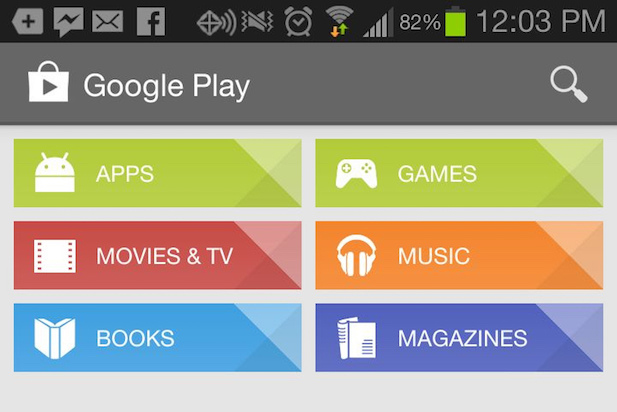Google has hit out at Europe’s attempts to regulate the Android operating system, accusing it of making fragmentation worse and damaging competition.
The European Commission said in April that Google was guilty of anti-trust violations, stifling competition and restricting innovation.
It has taken Google more than six months to respond, but it did so on Thursday, with Kent Walker, Senior Vice President and General Counsel at Google, arguing the Commission has got it wrong.
Coinciding with a filing it has made to the Commission, Walker argued Android has expanded, rather than damaged, competition.
He said he was sceptical of the Commission’s claim that Android does not compete with Apple iOS. He said: “In fact, 89 percent of respondents to the Commission’s own market survey confirmed that Android and Apple compete. To ignore competition with Apple is to miss the defining feature of today’s competitive smartphone landscape.”
He accused the Commission of underestimating the risks of fragmentation within the mobile ecosystem. He said there are at least 1.3 million developers across Europe that depend on a stable operating system to build apps.
He said: “Any phone maker can download Android and modify it in any way they choose. But that flexibility makes Android vulnerable to fragmentation, a problem that plagued previous operating systems like Unix and Symbian.
“When anyone can modify your code, how do you ensure there’s a common, consistent version of the operating system, so that developers don’t have to go through the hassle and expense of building multiple versions of their apps?”
This is why Google asks for a “minimum” level of compatibility between Android devices, Walker argued. He said these manufacturers still have the ability to go beyond that baseline.
“Android’s compatibility rules help minimise fragmentation and sustain a healthy ecosystem for developers,” he said. “Ninety-four percent of respondents who answered questions on fragmentation in a Commission market survey said that it harms the Android platform. Developers worry about it, and our competitors with proprietary platforms (who don’t face the same risk) regularly criticise us for it. The Commission’s proposal risks making fragmentation worse, hurting the Android platform and mobile phone competition.”
He also dismissed concerns from the Commission that Google demands manufacturers offer certain apps pre-loaded onto devices. He said this is no different to what Apple and Windows Phone do with their own devices.
Walker said these apps do not have heavy demands on a device, can be dismissed at any time, and manufacturers have the right to also pre-install rival services.
He said: “Many pre-installed apps don’t succeed, and many have been extremely successful through user downloads — think of Spotify or Snapchat. Our apps suite approach explicitly preserves users’ freedom to choose the apps they want on their phones.”
According to Walker, Android, which was launched almost 10 years ago, runs on more than 24,000 devices from more than 1,300 brands globally.
There was no fresh response from the Commission this morning. It will now have the opportunity to make a final ruling following Google’s response.
In April, Commissioner Margrethe Vestager, who is in charge of competition policy, said: “A competitive mobile internet sector is increasingly important for consumers and businesses in Europe. Based on our investigation thus far, we believe that Google’s behaviour denies consumers a wider choice of mobile apps and services and stands in the way of innovation by other players, in breach of EU antitrust rules. These rules apply to all companies active in Europe.”


